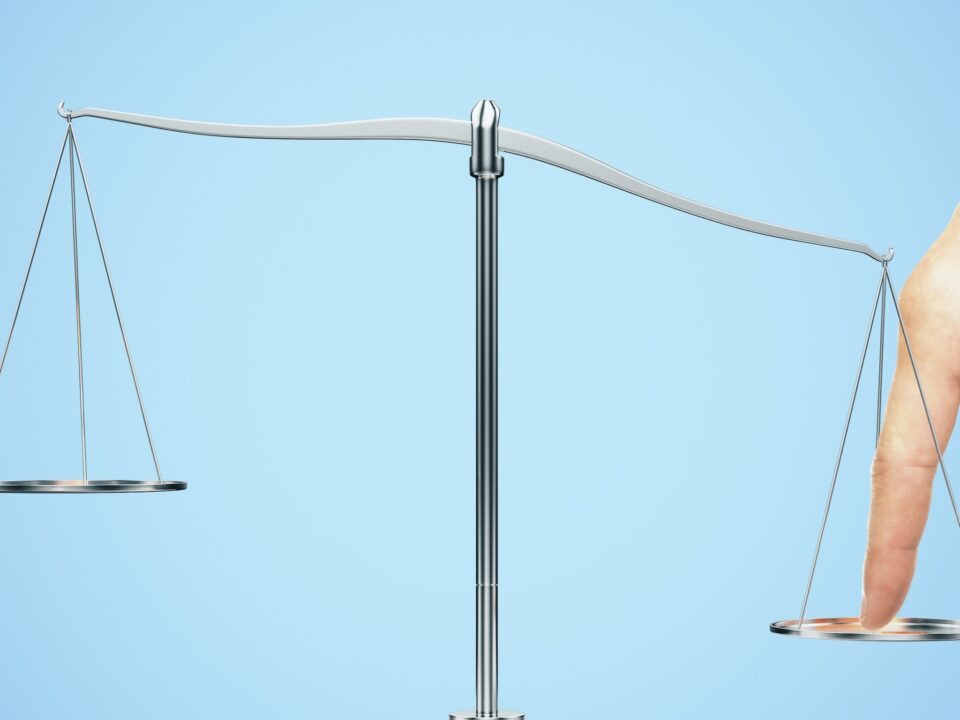Commission proposal on SEPs misses mark on “hold-outs”
The European Commission’s call for evidence in the context of plans for a new framework for standard-essential patents (SEPs) holds out the promise of increasing efficiency and balance in a system at the centre of European innovation—but risks missing its goals and even increasing imbalances in the current system by failing to adequately address the recent growth in insidious “hold-out” tactics.
In its response to the call for evidence submitted today, IP Europe supported the Commission’s recognition of the value of intangible assets as being “the cornerstones of today’s economy.” Indeed, technical standards are essential to the EU’s achievement of its goals on multiple fronts including the European Green Deal, the European Health Union, and the entire digital agenda.
The aim of the initiative is to promote an efficient and sustainable SEP licensing ecosystem in which the interests of both SEP holders and implementers are considered. Unfortunately, the current proposal doesn’t adequately address the biggest threat to efficiency and balance in the current system: “hold-out” tactics by companies which only agree to pay when ordered to do so by a court, sometimes after years of costly litigation. Our response to the call for evidence provides numerous examples of this market-distorting stalling tactic.
Effective protection of SEPs is critical to inventors’ continued participation in open standards development and the future of R&D spending on wireless technology, so any proposals for a new framework need to address this.
Our response also touches on several other issues, including proposals that could institutionalise requirements for routine essentiality checks that are neither practical nor efficient. We strongly recommend that the European Commission undertake a robust cost/benefit analysis before installing any system of essentiality checks and note that the final say on essentiality needs to remain with the competent courts.
The idea that a court could compel arbitration is also concerning, as this could give rise to fundamental constitutional questions of access to the courts and justice, increasing delays and costs.
Moreover, in terms of the question of licensing levels—the point(s) in the supply chain at which a licence should be taken—we believe that an “access for all “approach, with licensing taking place at a single point in the value chain—and at the level of the end product—not only reflects decades of industry practice and case law but also provides the best access and legal certainty for all actors along that chain.
With a few such changes, the proposed new framework for SEPs could increase efficiencies and balance between innovators and licensees. If the Commission gets it wrong, on the other hand, the new framework could perversely encourage inefficient “hold-out” tactics and undermine the incentives for R&D-intensive companies to continue to invest in the standards development process that is central to the achievement of the EU’s goals for the European Green Deal, European Health Union, and its digital agenda.



